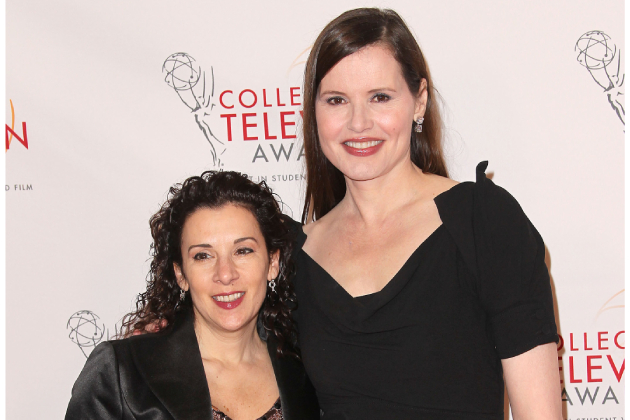Intellecutal property is an emerging issue in the global format industry, said panelists at the Realscreen Summit (Jan.25) in Washington, D.C., during a discussion on the current and future state of format.
Avi Armoza, CEO, of Israel-based Armoza Formats said the format industry is about creating patents. He noted that ITV’s newly acquired 5 Gold Rings and Armoza’s new game show Babushka are unique in their design, which makes it harder to duplicate by competitors.
“The reason we developed Babushka was that the Russian dolls are iconic. It’s not easy to copy,” Armoza said.
As IP increasingly drives wealth creation in an environment where there are more sellers than buyers, some countries like China have tried to block the import of formats in a bid to create their own.
This is a mistake in Armoza’s opinion: “In order to be creative, you must engage the world, you can’t be creative by hiding behind walls.”
If companies want to sell but don’t respect regulations and laws, it doesn’t make for good relationships, David Lyle, president of PactUSA, chimed in as moderator, noting, “You have to be trusted.”
Panelist Hayley Babcock said there was a similar issue with Russia in the 1990s with the game show Jeopardy. For years, it had existed as its own endeavour in the country, until the Russian company behind the copycat decided to become legitimate players in the industry.
“They wanted to pay and become legitimate. They wanted to buy premium primetime drama from CBS and wanted other properties and relationships with other IP owners,” said Babcock, head of formats, international programming and production, A+E Networks,
Lyle said the company realized “If we want to get something with them here, we have to play their game.”
If emerging markets want to become creative exporters like Israel or the Netherlands, but don’t have existing terms of trade, then it’s going to be difficult to follow in their footsteps, said David Eilenberg, president, ITV Entertainment.
He noted there will be formats to come out of China and territories like Turkey and Latin America that are not known as prime export markets. Figuring out the finer details of distribution might be a challenge from a business standpoint as those markets evolve.
But from a creative point of view, he said, “You want to look for where the exciting creative energy is, wherever that is.”
Storytelling and branding
In the rush to develop stories that speak to a broader swath of Americans beyond urbanites in cities like Los Angeles and New York City, industry leaders (pictured) cautioned against an inclination by networks and production companies to duplicate existing programs that features under-represented communities.
“That’s a problem. Then we depict the same type of person and what you get then are crazy personifications like the Honey Boo Boo’s of the world. Either you get the totally bizarre or 85 of the same thing,” said Patrick Jager, CEO, CORE Innovation Group. Jager helped develop the design show, Fixer Upper, which is set in Waco, Texas when he was SVP at High Noon Entertainment.
According to Chris Dorsey, founder of Dorsey productions, networks get stuck on trying to figure out what’s their Duck Dynasty or Swamp People is going to be, and forget to ask themselves the more fundamental question like, ‘What is our brand?’
He said that outside Scripps Networks Interactive, – parent co to HGTV, Food Network, DIY and various lifestyle and unscripted channels – it’s tough to differentiate other networks because they are often throwing darts at concepts, hoping something will catch fire.
But panelist Jeff Keane, CEO of Coolfire Studios, held a different perspective than Dorsey on company branding.
“You have a brand whether you know you have a brand or not. The networks definitely perceive you to have a brand. I think it’s important to be in control of that brand, no matter what,” he said.
Over at Tremendous! Entertainment, Jane Durkee, COO, and VP of the network, said the company spend a chunk of time focusing on what they consider to be their brand and ‘sweet spot’ – essentially telling stories about characters that drive how they do their business.
“All the decisions go through that view and you stick to that you do reap the rewards,” she said.
(Photo by Rahoul Ghose)































